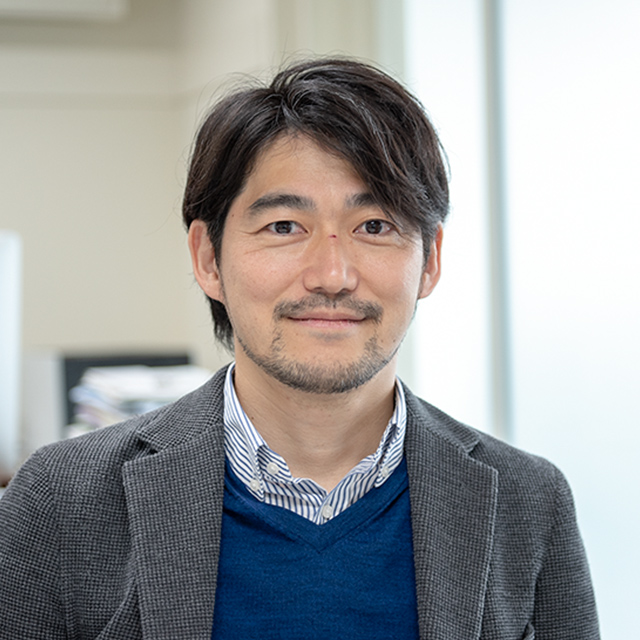MEMBERS
-
 Shinsuke Sando Professor
Shinsuke Sando Professor- 03-5841-6978
-
 Jumpei Morimoto Associate Professor
Jumpei Morimoto Associate Professor- 03-5841-7327
-
 Yutaro Saito Assistant Professor
Yutaro Saito Assistant Professor- 03-5841-8902
-
 Hiroyuki Yatabe Assistant Professor
Hiroyuki Yatabe Assistant Professor
Recent Publications
Research
Our body is composed of a variety of biomolecules. An unsolved principle of life must lay in the activities of such biomolecules and the abnormal molecular activities could cause various diseases such as metabolic disorder. Our group is conducting chemistry-based research for "understanding of living systems at the molecular level" and "developing new molecular technology contributing to early diagnosis and therapy". The research area ranges from leading edge sensing technology for non-invasive molecular diagnosis/analysis/sensing and functional molecule development for molecular therapy and regenerative therapy.
Molecular Technologies for the analysis of biomolecules in vivo:
We conduct research toward sensitive "molecule" sensing technologies that allow us to analyze molecular activities in vivo: structural change, chemical reaction, and dynamics. These new molecular technologies will be innovative tools for basic life science and will pave the way for future medical care including early diagnosis.
Rational design and high-throughput screening of synthetic molecules for drug discovery:
Our goal is development of bioactive compounds that can be utilized as drug leads and molecular tools for biological studies. Our strategy toward this goal is a combination of rational designs of chemical structure and high-throughput screening of synthetic compound libraries. We envision that this research will reveal fundamental structural elements for producing bioactive compounds of strong and selective biomolecular recognition and high membrane permeability.
Design of Protein Functions:
Recent development in computational science has enabled accurate design of protein three-dimensional structures. On the other hand, the design of protein functions is still scientifically difficult to achieve. We are developing proteins with new functions using a combinatorial approach of computational chemistry and experiment and trying to eventually understand the molecular basis of the protein functions.
